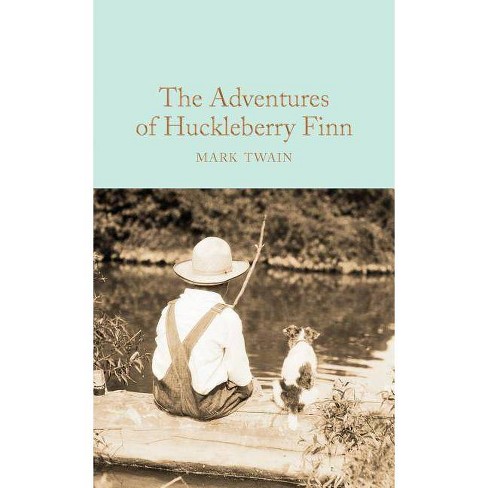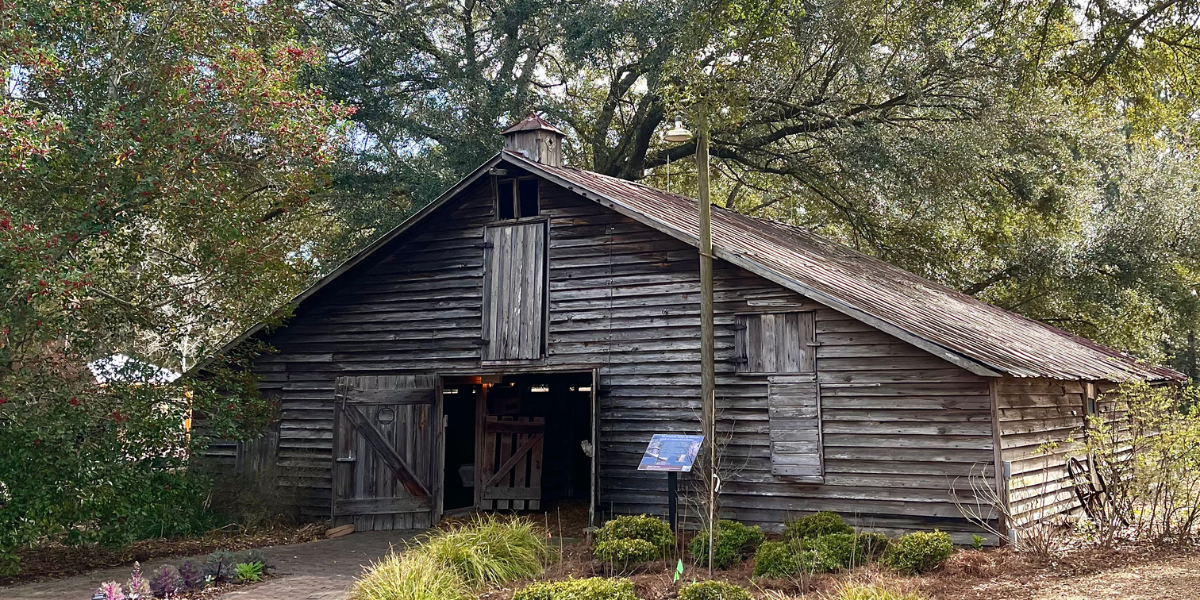Jolie Nguyen, Staff Writer
Photo courtesy of Target, by way of Google Images
The novel “The Adventures of Huckleberry Finn” by Mark Twain has surprisingly appeared in the “Banned Books” list. The book is a kid story but implies a darker meaning about the racism and slavery, a major issue not in America only, but also in other countries as well.
However, “the book was banned on the recommendation of public commissioners in Concord, Massachusetts, who described it as racist, coarse, trashy, inelegant, irreligious, obsolete, inaccurate and mindless,” Elizabeth R. Purdy, the author of the article titled Adventures of Huckleberry Finn, which talks about the censorship the article has faced, said.
The novel is about Huckleberry Finn’s journey trying to escape his alcoholic and abusive father, with a runaway slave Jim, who is seeking his own freedom. Even though he was described as a bad kid, who was not taught properly, Huck learned on his journey that making moral decisions would make him feel better.
At the same time, the friendship between Huck and Jim is large enough that each of them is willing to sacrifice and be in the danger for each other. Beside the messages condemning racism, Mark Twain delivers an important message about friendship and gratefulness.
Though the book contains inappropriate language such as the using of racist vocabulary, the book is a great illustration of the slavery period and the brings out the hope of abolishing the slavery. It condemns racism and illustrates clearly the old society of America.
Throughout the book, several symbolisms are used to presage the future fate of the two protagonists of the book. Both of them have the same ideal in life: freedom. Even though it uses vulgar language, the book is worth reading in order to fully understand the slavery and racism in America.







